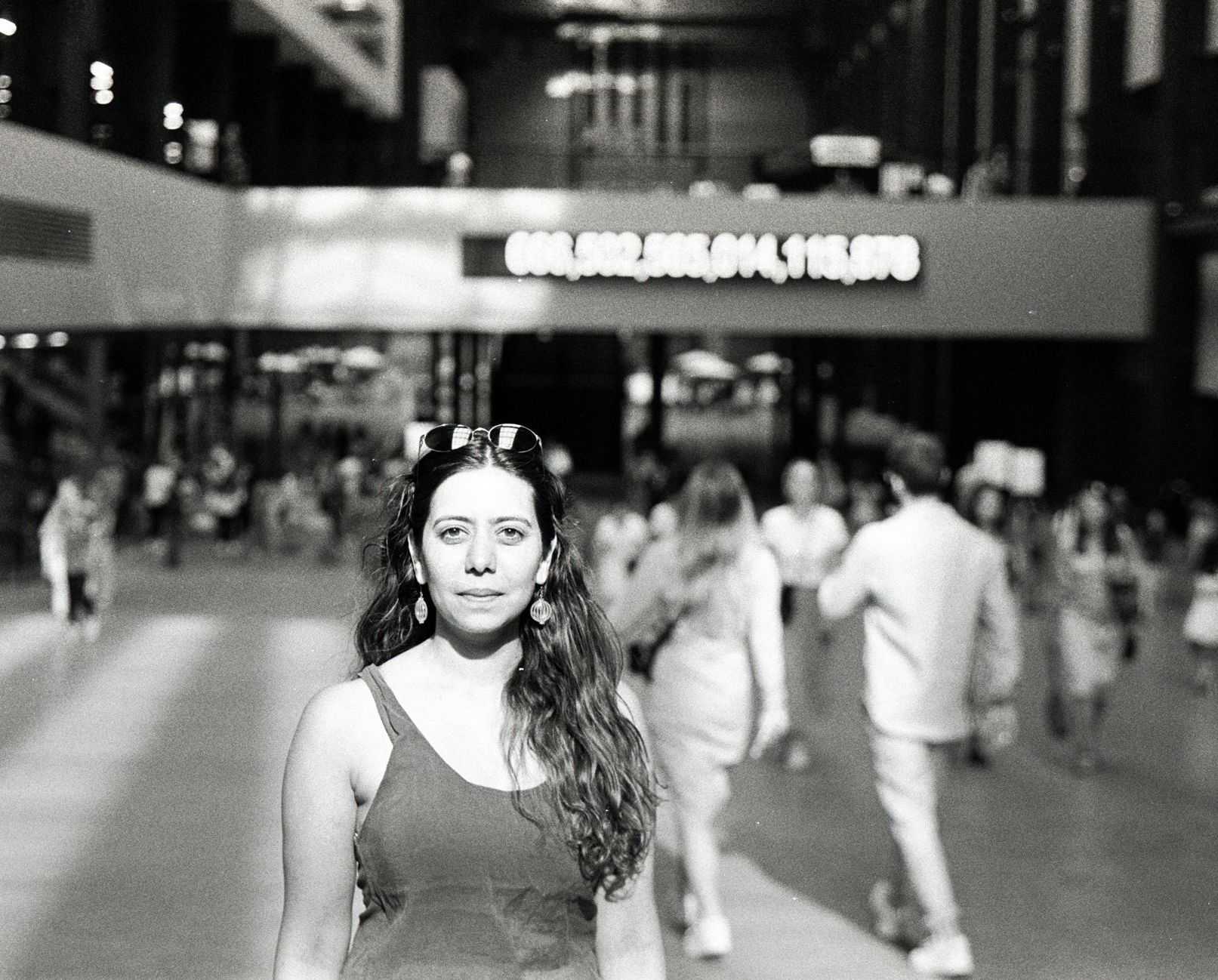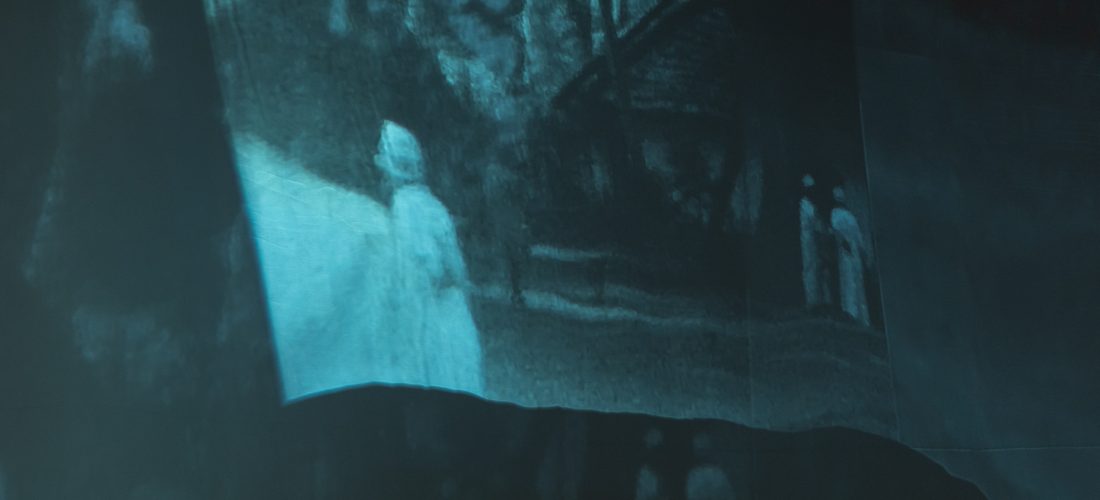Watery Archives invites thinking with the ocean and coast as sites of spatial and temporal continuity. In the workshop participants will engage with colonial filmic archives and historic maps, alongside sonic, fictional and oral histories to ask how we might look and listen again at divided oceans. Participants are invited to bring a personal object to the workshop, relating to the term ‘watery archive’ or in relation to the Red Sea to serve as a talisman for redrawing the Red Sea as part of a wider oceanic imaginary.
How can we disrupt the bordering logic of colonial maps? How can we read architectural landscapes through poetic, oral and sonic anti-colonial archives? What might these other resources tell us about alternative imaginations and constructions of pasts and futures?
This workshop builds on Mahmoud Darwish’s poem, Memory for Forgetfulness (1982) to question and interrogate colonial archival encounters.
Watery Archives asks how thinking with the fluidity of watery archives, salty atmospheres and aqueous depths, might enable us to construct histories and futures, where the practice of archival care is also a practice of refusing the status quo.
In the workshop we will work with re-drawing and stitching as a practice of remembering, remaking, a practice of drawing out and stitching together site and story. Drawing in map-making is an act of marking place and belonging. With stitching we will trace layers of history, reconsider borders, narrative and place through events and everyday occurrences, individual and collective.
Participants are invited to bring a personal object (archive/image/fragment) to serve as a talisman of their own which relates to the proposal ‘watery archives’ or their own relation to the Red Sea. In the workshop we will work with the shared fragments as a means to remap the Red Sea.
About the Programme:
Submerged Tales is a series of online and in-person programmes accompanying the ongoing exhibition Salt-Kissed: Of the Vessels that have Sailed the Red Sea at Hayy Jameel, Jeddah. These programmes explore the hidden, unheard, and unspoken histories and processes of the Red Sea region. Through artist discussions, screenings, and workshops, the programs revisit the exhibition’s subthemes, framing the Red Sea as a site of cultural and historical difference.

About the Artist:
Huda Tayob is a South African architectural historian and is currently a lecturer at the University of Manchester, having previously taught at the University of Cape Town, University of Johannesburg and the Bartlett School of Architecture. Her research focuses on minor, migrant and subaltern architectures focused on the African continent. She is co-curator of the open-access curriculum Racespacearchitecture.org and the digital pan-African platform, Archive of Forgetfulness (archiveofforgetfulness.com). She is a participant in the 18th International Architecture exhibition in Venice (2023) with a project titled Index of Edges, which traces watery archives along east African coasts Cape Town to Port Said. Her work, Watery Archives, is featured in the exhibition Salt-Kissed at Hayy Jameel, which explores filmic archives as means of transport across space and time, and through domestic and infrastructural entanglements of coloniality across the east African coastal cities, from Cape Town to Port Said.

 Shop
Shop
